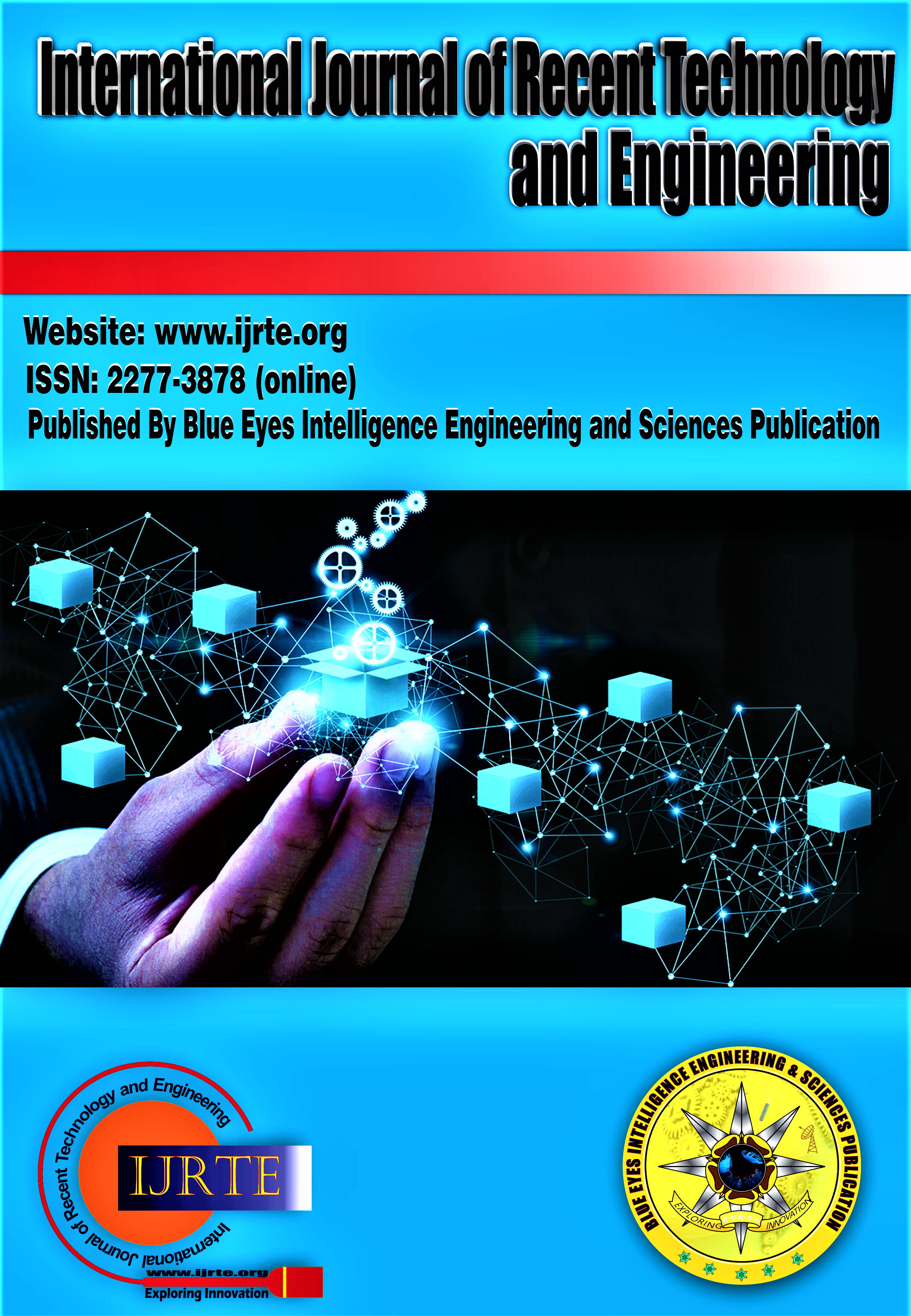A Study on Effective Teaching of Fuzzy Controller Design Using ChatGPT
Main Article Content
Abstract
This paper deals with an effective teaching method of fuzzy controller design using ChatGPT and Python in the University. Currently, ChatGPT and related technology penetrate into all areas such as text, image, video, as well as AI areas and industry. ChatGPT technologies are strongly connected with the education of universities and K-12 because of easy using and correct response. There are two categories of AI-related education. The first one is AI-supported education; another thing is education (teaching and learning) to teach AI. In any case, AI and ChatGPT method should be taught with theory and using method. It should be performed with S/W for student’s understanding. This paper provides a method on how ChatGPT can be well used fuzzy controller design in education. To illustrate ChatGPT based fuzzy controller design, this paper uses ChatGPT prompt and suggests a good prompt skill.
Downloads
Article Details
Section

This work is licensed under a Creative Commons Attribution-NonCommercial-NoDerivatives 4.0 International License.
How to Cite
References
K. Passino (2001), Intelligent control: An overview of techniques.
2.Tianyu Wu, et al. A Brief Overview of ChatGPT: The History, Status Quo and Potential Future Development, IEEE/CAA JOURNAL OF AUTOMATICA SINICA, VOL. 10, NO. 5, MAY, 2023. https://doi.org/10.1109/JAS.2023.123618
ChatGPT online servise
David Karandish (2021). https://thejournal.com/articles/2021/06/23/7-benefits-of-ai-in-education.aspx.
Lisa Plitnichenko (2020). https://elearningindustry.com/5-main-roles-artificial-intelligence-in-education.
Alex McFarland (2022). https://www.unite.ai/10-best-ai-tools-for-education/.
KoreaHerald (2020). https://www.koreaherald.com/common/newsprint.php?ud=20201120000655.
Wayne Xin Zhao, et al, A Survey of Large Language Models, https://github.com/RUCAIBox/LLMSurvey.
Suebsarn Ruksakulpiwat, Using ChatGPT in Medical Research: Current Status and Future Directions, Journal of Multidisciplinary Healthcare, March, 2023. pp. 1513-1520. https://doi.org/10.2147/JMDH.S413470
Marius Hofert, Assessing ChatGPT’s proficiency in quantitative risk management,
Tianyu, et al, “A Brief Overview of ChatGPT: The History, Status Quo and Potential Future Development,” IEEE/CAA JOURNAL OF AUTOMATICA SINICA, VOL. 10, NO. 5, MAY 2023, pp. 1122-1136. https://doi.org/10.1109/JAS.2023.123618
Jillian et al, “GPT as Knowledge Worker: A Zero-Shot Evaluation of (AI)CPA Capabilities,” Chicago Kent College of Law, report, Jan.11, 2023.
Suebsarn, “Using ChatGPT in Medical Research: Current Status and Future Directions,” Journal of Multidisciplinary Healthcare, 2023:16 pp. 1513–1520. https://doi.org/10.2147/JMDH.S413470
Magnus Blomkvist, “Automation and Stock Prices: The Case of ChatGPT,” Mar 2023, EDHEC Business School, https://papers.ssrn.com/sol3/papers.cfm?abstract_id=4395339.
Marc Eulerich, “Can Artificial Intelligence Pass Accounting Certification Exams? ChatGPT: CPA, CMA, CIA, and EA?, https://papers.ssrn.com/sol3/papers.cfm?abstract_id=4452175.
Dr. Thomas Yue, “ GPTQuant's Conversational AI: Simplifying Investment Research for All”. https://papers.ssrn.com/sol3/papers.cfm?abstract_id=4380516
Fuzzy Logic Based Trajectory Tracking Controller. (2019). In International Journal of Innovative Technology and Exploring Engineering (Vol. 8, Issue 6S4, pp. 1250–1253). https://doi.org/10.35940/ijitee.f1256.0486s419
Shukla, A. K., & Kurchania, A. K. (2021). Output Power Stability for Wind Turbine by using two Fault Detection Technique and PID – Fuzzy Controller in the Doubly fed Induction Generator. In International Journal of Engineering and Advanced Technology (Vol. 11, Issue 1, pp. 37–40). https://doi.org/10.35940/ijeat.f3067.1011121
Sharma, P. (2023). A Fuzzy Approach to Educational Grading Systems “Fuzzy Logic Based Grade Card.” In International Journal of Advanced Engineering and Nano Technology (Vol. 10, Issue 6, pp. 1–8). https://doi.org/10.35940/ijaent.g9582.0610623
K, S. (2019). Fuzzy Logic Based Raodv Routing Protocol. In International Journal of Recent Technology and Engineering (IJRTE) (Vol. 8, Issue 4, pp. 7919–7924). https://doi.org/10.35940/ijrte.c4163.118419
Singh, N., Chawla, M. P. S., & Bhongade, S. (2022). Home Energy Management System for Dynamic Loads using Mamdani Fuzzy Logic Approach. In International Journal of Emerging Science and Engineering (Vol. 10, Issue 3, pp. 1–13). https://doi.org/10.35940/ijese.c2521.0110322





